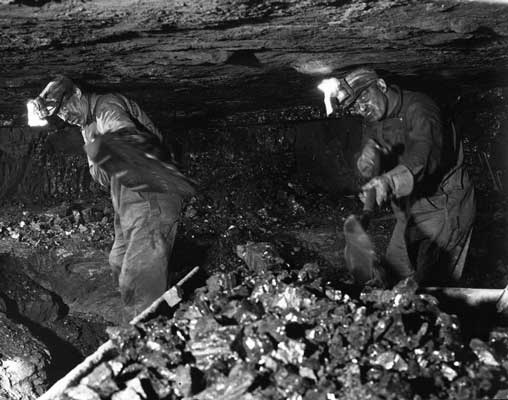Mining is becoming, or has become, an extremely lucrative profession – particularly in countries like Australia, where the boom is very much alive and kicking. Working in the mining sector in Australia can garner a wage upwards of $100,000AUD per year on average, with extensively higher wages for those in senior positions or with transport licenses. However, everyone has caught onto the secret, and it is becoming increasingly difficult to snatch up a job in the mining sector – be it at a low level, or at a higher level where your previous experience can be utilised. So, here’s a few tips on putting yourself out there and securing that perfect job in the mining sector before anyone else gets to it:

1) Ensure your resume stands out.
Firstly, make sure that your resume is completely up to date. Mining companies often outline this in their description criteria, and it can be a little disheartening to not receive an interview because you’ve forgotten to put in your new phone number or current place of work. Make sure your resume is neat, grammatically correct, and set out in a way that isn’t too convoluted but still provides all the essential information. Don’t go too flashy with your layout, there’s no need for fancy borders and text colours – keep it simple. Take a look at resume layout suggestions online, and ensure that you put in work history and skills that are directly relevant to the position you are applying for.
2) Don’t stop searching.
It’s all too easy to log on to your local job search website and put in a few keywords: ‘mining,’ ‘transport work,’ and so on. These are likely to garner a few results, but not the full range of jobs available. Unfortunately, there isn’t a website that will list every single mining job available in the country – though, that would be handy! So, dig deeper. Search recruitment websites, take a look at specific mining company websites and their ‘careers’ sections, do a web search for keywords relating to mining jobs in your area. Check the papers, call others within the sector that you may know. Use your connections and your knowledge, and don’t give up on the search.
3) Don’t forget a cover letter.
Cover letters aren’t exactly exciting. In fact, they can be a bit of a pain to write, and often take up a lot of time. But, they are absolutely necessary – unless, of course, a company specifies that they don’t want cover letters. In all other circumstances, you must send one with your application. Ensure again that it is grammatically correct, makes sense, is as sequential as possible, outlines your key skills that are relevant to the position, outlines your experience and willingness to work, and basically sells you to the company. Be friendly, but be professional. Take a look at example cover letters online. Above all, don’t send the same cover letter to each company. All too often companies won’t interview candidates because they haven’t changed the name on the cover letter from the last company, or because they aren’t addressing the selection criteria. Don’t get lazy, and ensure you are playing to the company’s needs.
4) Sell yourself in the interview.
If you make it to the interview stage, congratulations! This is where you need to be on your A game. Be open and honest during your interview, and ensure that you are friendly and chatty with the interviewer – sullen, introverted candidates are less likely to be employed than those who are willing to engage. Don’t sell yourself short, but don’t come across as arrogant either. Try to ask relevant questions if it is appropriate. Imagine the ideal employee for a mining organisation, and embody the character!
Hopefully these tips have helped somewhat, and you’re feeling more confident about applying for positions in the mining sector. Good luck!
Chloe works on behalf of PR Power, an Australian company that specialises in the sales and rental of diesel generators, lighting towers and water and environmental equipment solutions to the mining sector.

